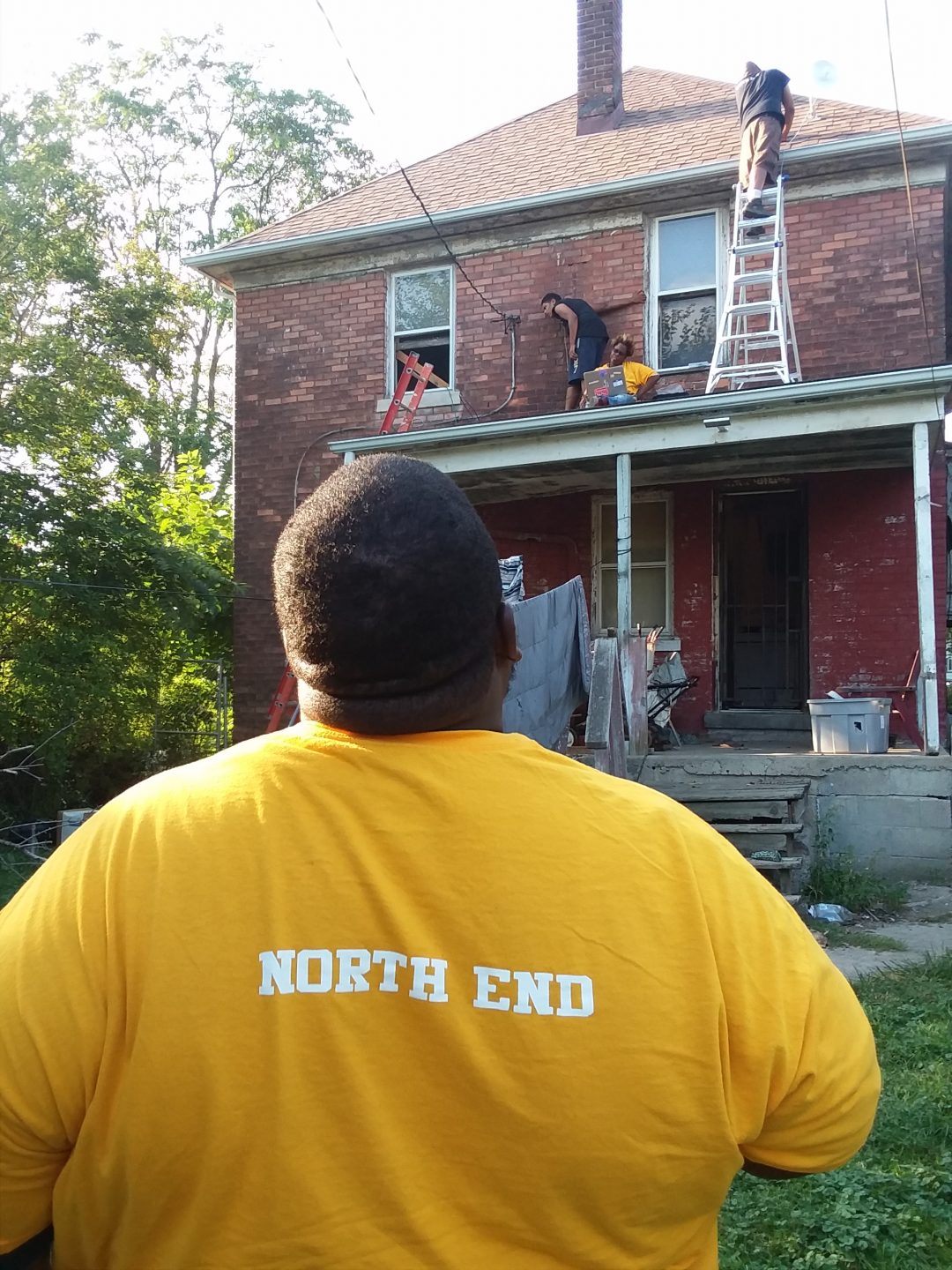
The Digital Equity Lab Releases Report About Building Broadband Equity in Detroit
The COVID-19 pandemic has shone a bright spotlight on digital inequity, and many people are just now realizing the depth of social and economic inequalities which also mean digital exclusion of marginalized communities. Meanwhile, communities in Detroit have been innovating for more than 15 years to address neglect by the broadband industry, creating digital justice by building their own internet.
The New School’s Digital Equity Lab is releasing a new in-depth case study that addresses these issues. Entitled Growing Digital Equity: the Origins and Promise of Community Internet in Detroit, it draws on years of collaborative in-depth research with community technologists and organizers.
“We must make digital equity a fundamental part of the conversation we are having in this country about racism and structural inequity, says Maya Wiley, founder and co-director of The Digital Equity Lab. “Our report shows not only how systematic segregation and underinvestment in Detroit’s communities of color have perpetuated a racialized system of digital inequity — but also how community leaders, adopting a holistic approach, have started to reverse these unjust dynamics. Detroit’s example, led by communities of color, shows how to build digital equity sustainably from the ground up.”
“This deeply researched report shows what happens when we understand digital inequity as a structural issue interwoven with other forms of discrimination and marginalization,” says Greta Byrum, co-director of The Digital Equity Lab. “It also illuminates the strength and holistic healing found in a community-rooted and holistic response led by people who are already doing critical work in their neighborhoods. We hope that this research will encourage policymakers, funders, and advocates to support long-term, structural ways to address the digital divide, rather than dropping in with quick fixes.”
The case study offers a deep dive into how an ecosystem of community and not-for-profit organizations, developed a model for internet provision that is owned and led by the community and its leaders. It features the work of the Detroit Community Technology Project (DCTP)’s Equitable Internet Initiative, which has spearheaded this effort in partnership with community organizations in three Detroit neighborhoods. The North End Woodward Community Coalition, Grace in Action, and Church of the Messiah — in the North End, Southwest and Southeast Detroit neighborhoods respectively — co-developed the model with DCTP and continue to maintain their own infrastructure. The case study focuses on the North End and particularly on the networks — both human and digital — that formed to foster digital equity in a place where systemic racism and redlining has resulted in neglect by both the local government and telecommunications companies. Here is a link to the full report.
“The case study, Growing Digital Equity, is a catalyzing inspiration for communities across the country, says Reverend Joan Ross, senior pastor for Salvation Temple Church North End and one of the community digital leaders featured in the report. “The steps in setting the course for an equitable future must include community governed digital equity. Looking at where we are today, we must accept nothing less.”
In a digital age where people’s lives, politics, and economies are increasingly negotiated online, digital equity is central to fair and inclusive cities. As a baseline, digital equity requires that all members of society have affordable access to reliable, high-speed Internet. But more than that, it requires the ability of communities to understand, know how to use and drive technology and its outcomes to solve local problems and support local innovation.
Existing social and economic inequalities also mean digital exclusion of marginalized communities. Digital inequities stem from a toxic stew of residential segregation and redlining, as well as outsized power in the telecommunications industry according to a 2017 study by Mabud and Seitz-Brown In Detroit, over 40% of the population lack access to home-based Internet and, as a result, have fewer tools to participate fully in U.S. society, democracy, and economy.
While cities with more resources than Detroit have approached the problem through public infrastructure investments and public-private partnerships, the report shows that deep community engagement and leadership in deploying technology and solving community problems is critical in achieving digital equity. Municipal governments, especially ones with limited public resources, should consider investing in hyper-local, community-scale work that ties together infrastructure, digital literacy, and extensive community engagement.
While the Digital Equity Laboratory is sunsetting its work as a university center, it continues to lead digital equity initiatives at The New School, directing critical energy and resources to build directly with community partners like DCTP. This transition is intended to lift up long-term organizing in service of digital equity, and to radically reimage how digital advances might be directed to build more justice and more peace, especially for black and brown communities who have previously experienced neglect or oppression by the telecommunications industry and big technology.